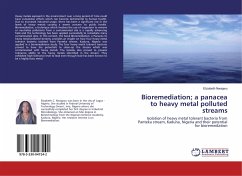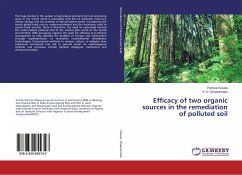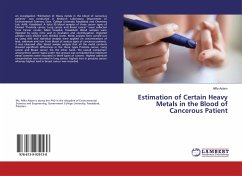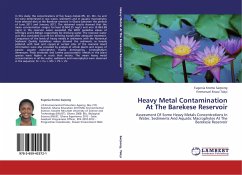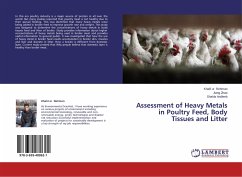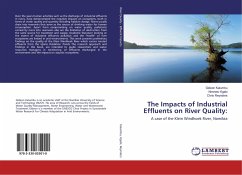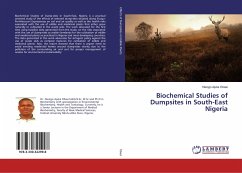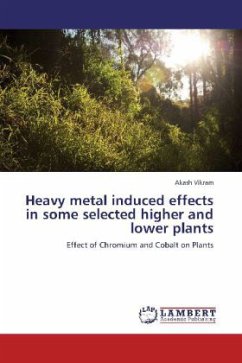Heavy metals exposed in the environment over a long period of time could have cumulative effects which can become detrimental to human health. Due to increased industrial usage, there has been a significant rise in the levels of heavy metals causing a severe concern to public health. Bioremediation, a technique which involves the use of organisms to remove or neutralize pollutants from a contaminated site is a rapidly advancing field and the technology has been applied successfully to remediate many contaminated sites. In this context, the book Bioremediation; a Panacea to heavy metal polluted streams, provides an insight on how four heavy metal tolerant bacteria isolated from Panteka stream, Kaduna, Nigeria was applied in a bioremediation study. The four heavy metal tolerant bacteria proved to have the potentials to clean-up the stream which was contaminated with heavy metals. The isolates also proved to possess tolerance ability to the heavy metals identified in the stream. They exhibited high tolerance level to lead even though lead has been known to be a highly toxic metal.
Bitte wählen Sie Ihr Anliegen aus.
Rechnungen
Retourenschein anfordern
Bestellstatus
Storno

